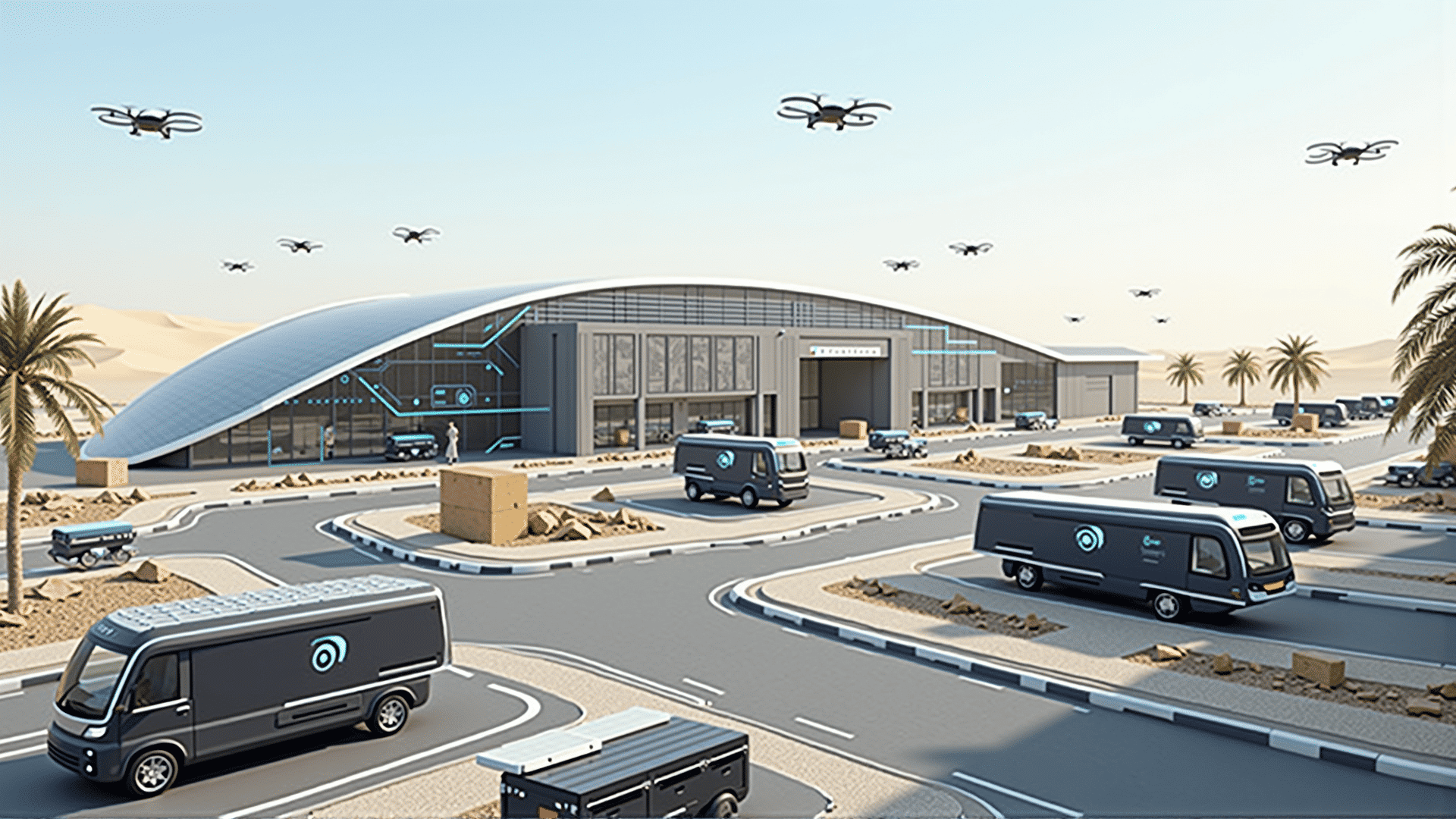As we forge ahead into the future, the logistics industry in the United Arab Emirates is poised for transformative changes. This pivotal sector, which serves as the backbone of the nation's economic infrastructure, is rapidly adapting to technological advances and shifting towards more sustainable practices. In this landscape, automation, artificial intelligence (AI), and sustainability emerge as key trends shaping the future of logistics in the UAE.
One of the foremost trends is the increasing integration of automation within logistics operations. Automation presents an opportunity to enhance efficiency and accuracy across the supply chain. From autonomous vehicles and drones handling last-mile delivery to robotic systems managing warehouse operations, automation is set to revolutionize the way goods are moved and managed. This shift not only reduces human error but also significantly cuts down on time and costs, enabling businesses to meet growing consumer demands with unprecedented speed and precision.
Artificial intelligence, closely intertwined with automation, is another transformative force in the logistics sector. AI-driven analytics is enabling companies to predict demand patterns, optimize routes, and enhance inventory management. Machine learning algorithms can process vast amounts of data to foresee disruptions and recommend proactive measures, thereby ensuring seamless operations. AI's role in enhancing decision-making and operational efficiency is crucial as logistics companies navigate complex supply chain networks.
In parallel with technological advancements, sustainability is becoming a cornerstone of the logistics strategy in the UAE. As the global focus shifts towards reducing carbon footprints, logistics providers are being urged to adopt green practices. From energy-efficient transportation solutions to eco-friendly packaging materials, the sector is increasingly prioritizing environmental responsibility. The UAE's concerted efforts to promote sustainable logistics align with its broader vision of a greener economy, demonstrated by initiatives such as the UAE Green Freight Program.
Moreover, the concept of a circular economy is gaining traction within the logistics sphere. By emphasizing the reuse and recycling of materials, logistics companies are not only minimizing waste but also fostering a more sustainable supply chain. Innovations in reverse logistics enable the efficient movement of goods back to their origins for refurbishment or recycling, reducing environmental impact and maximizing resource utilization.
Digitalization, too, is playing a critical role in the logistics evolution. Investment in digital platforms and blockchain technology is enhancing transparency, security, and trust throughout the supply chain. By providing all stakeholders with real-time access to transactional data, blockchain helps mitigate fraud and streamline operations. This technological shift fosters a more interconnected and accountable supply chain ecosystem.
The UAE's strategic geographic location further amplifies its role as a logistics hub, connecting East and West. Leveraging advanced technologies and sustainable practices, the UAE is well-positioned to enhance its logistical capabilities and efficiency on a global scale. Government initiatives supporting innovation and infrastructure development, such as the Dubai Logistics Corridor, are cementing the nation's position as a center for international trade and logistics.
In conclusion, the logistics landscape in the UAE is rapidly evolving, driven by trends in automation, AI, and sustainability. As these innovations continue to reshape the industry, logistics providers must remain agile and forward-thinking to capitalize on emerging opportunities. The future of logistics in the UAE is one where technology and sustainability intertwine to create a more efficient, resilient, and environmentally responsible supply chain, setting a benchmark for regions worldwide.
